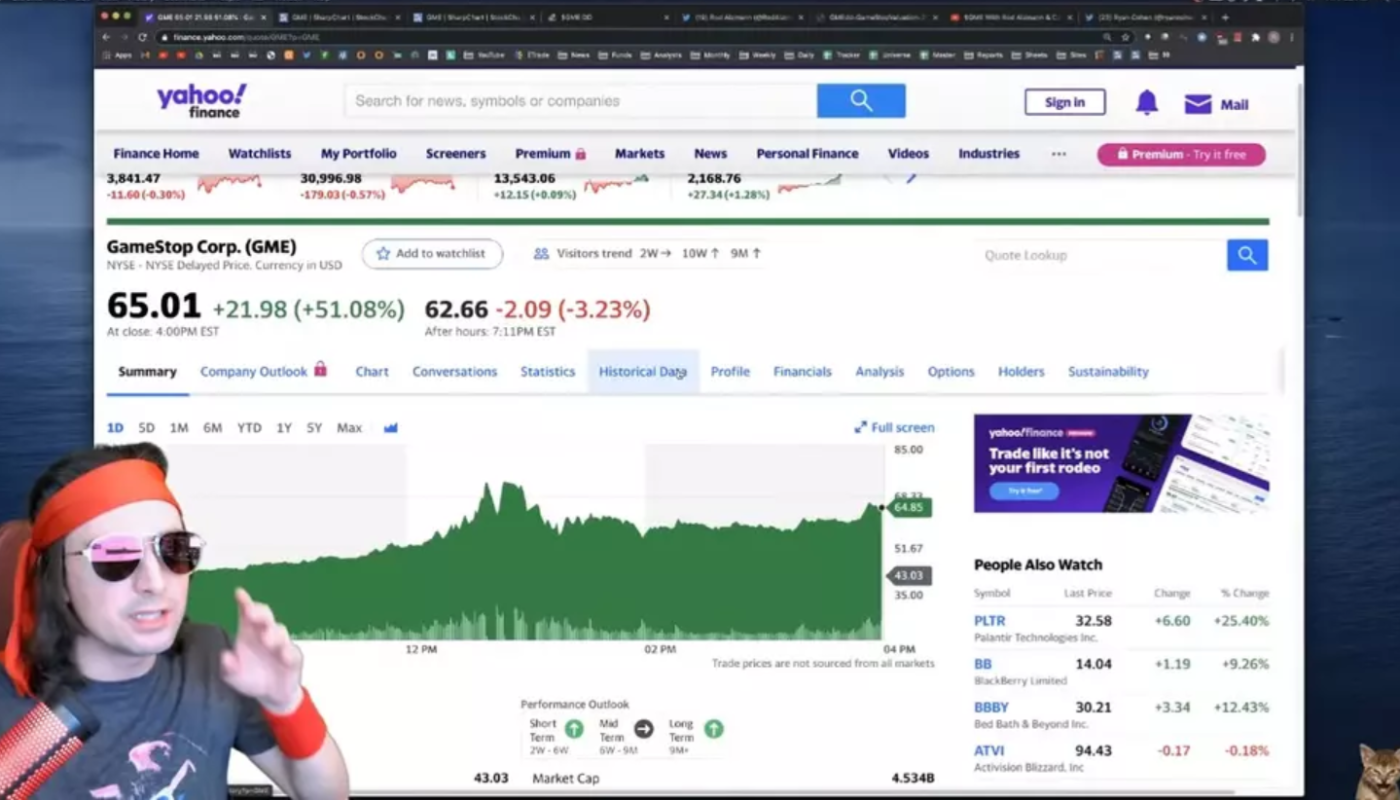 The stock market is often seen as a distant entity, a realm of high finance reserved for Wall Street professionals. Yet, for the average American, the rise and fall of stock prices can significantly impact their personal credit score. This article explores the complex interplay between the stock market, consumer behavior, and creditworthiness in the current economic climate.
The stock market is often seen as a distant entity, a realm of high finance reserved for Wall Street professionals. Yet, for the average American, the rise and fall of stock prices can significantly impact their personal credit score. This article explores the complex interplay between the stock market, consumer behavior, and creditworthiness in the current economic climate.
The Indirect Link: Investor Psychology and Spending Habits
While directly investing in the stock market doesn’t typically influence your credit report, it can indirectly affect your credit score through your spending habits. A strong bull market, where stock prices are consistently rising, can lead to a phenomenon known as the “wealth effect.” Consumers feeling more confident about their overall financial well-being may be more likely to increase spending, potentially resorting to credit cards to finance larger purchases or a more lavish lifestyle. This increased reliance on credit can negatively impact your credit score in two ways:
Credit Utilization Ratio: This crucial factor in your credit score measures the amount of credit you use compared to your total credit limit. Your utilization ratio rises as your credit card balances increase, potentially dragging down your score.
Debt-to-Income Ratio: This metric compares your total debt obligations, including credit card debt, to your gross income. Higher spending fueled by a strong market can lead to a higher debt-to-income ratio, another negative factor for credit scores.
Conversely, a bear market, where stock prices consistently fall, can have the opposite effect. Feeling more cautious about their financial security, consumers may tighten their belts and reduce spending. This could lead to lower credit card balances and a more conservative approach to debt, potentially boosting credit scores.
The Margin Account Conundrum
Using margin accounts is one exception to the general rule of stock market investments that do not affect your credit score. These accounts allow investors to borrow money from their brokerage firm to purchase securities. While offering the potential for amplified gains, margin accounts also have amplified risks. The borrowed money is reflected as a debt on your credit report, impacting your credit utilization ratio.
Furthermore, suppose the value of the purchased securities falls below a certain threshold. In that case, you may receive a margin call, forcing you to sell some of your holdings or deposit additional cash to cover the debt. Failure to meet a margin call can result in your broker selling your assets at a potentially significant loss, further damaging your credit score.
The Middle-Class Squeeze: Inflation, Interest Rates, and Credit
The current economic climate in the United States adds another layer of complexity to the relationship between the stock market and personal credit. Rising inflation erodes purchasing power, making it more difficult for middle-class families to make ends meet. Coupled with rising interest rates on credit cards and loans, the temptation to overextend credit lines becomes even greater. This can lead to a vicious cycle of increasing debt and declining credit scores, making qualifying for future loans at favorable rates harder.
Navigating the Maze: Strategies for a Strong Credit Score
Despite the indirect influence of the stock market, there are steps you can take to maintain a healthy credit score:
Develop a Budget and Stick to It: Track your income and expenses to create a realistic spending plan. Allocate savings and debt repayment funds, leaving room for discretionary spending but avoiding overreliance on credit.
Maintain Low Credit Card Balances: Aim to maintain a credit utilization ratio below 30% – the lower, the better. Consider paying off your credit card balances monthly to avoid accruing interest charges.
Explore Credit-Building Tools: If you have a limited credit history, explore options like secured credit cards or responsible use of store credit cards to build a positive credit profile.
Monitor Your Credit Reports Regularly: Check your credit reports from all three major bureaus (Experian, Equifax, and TransUnion) for errors or discrepancies. Dispute any inaccuracies promptly to maintain accurate credit information.
Conclusion
The stock market may not directly control your credit score, but its influence on consumer confidence and spending habits can have a significant indirect impact. Understanding this connection and prioritizing responsible financial habits can help you navigate the complex economic landscape and maintain a healthy credit score – a crucial factor in securing loans, renting apartments, and achieving your financial goals.
#Stock #Market #Affect #Personal #Credit #Heres #Scoop



